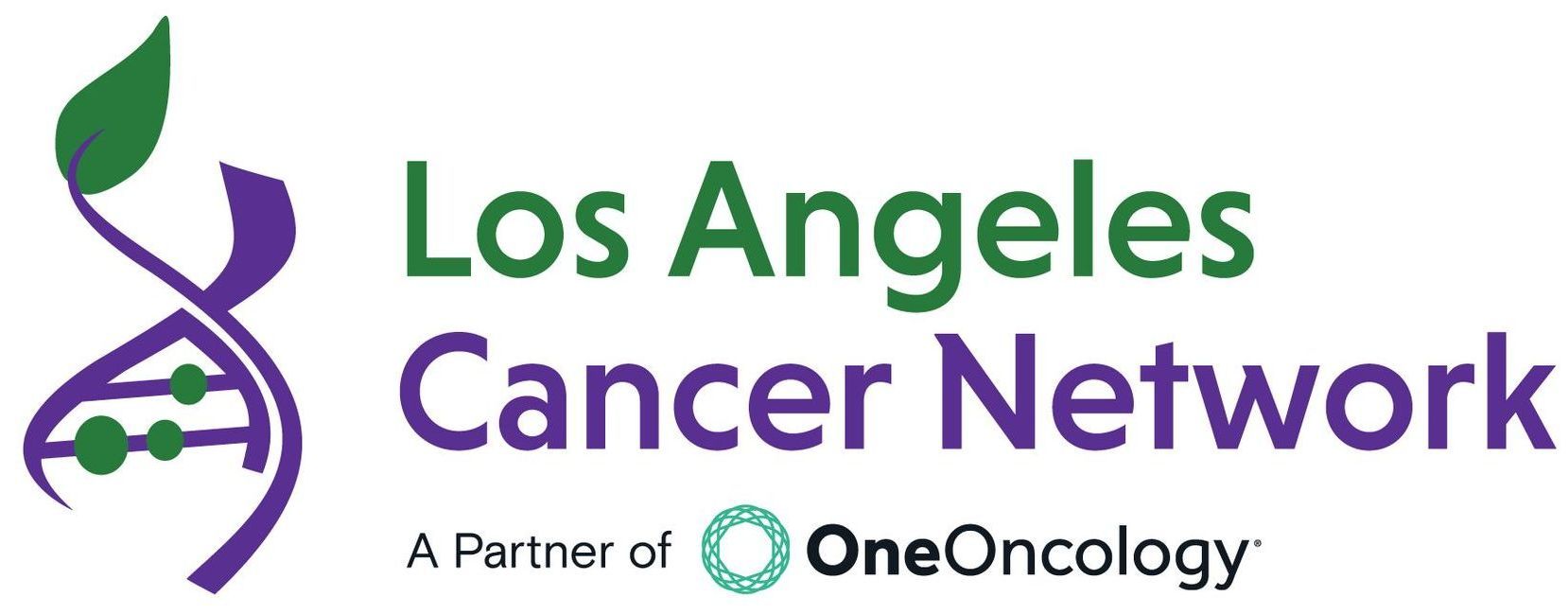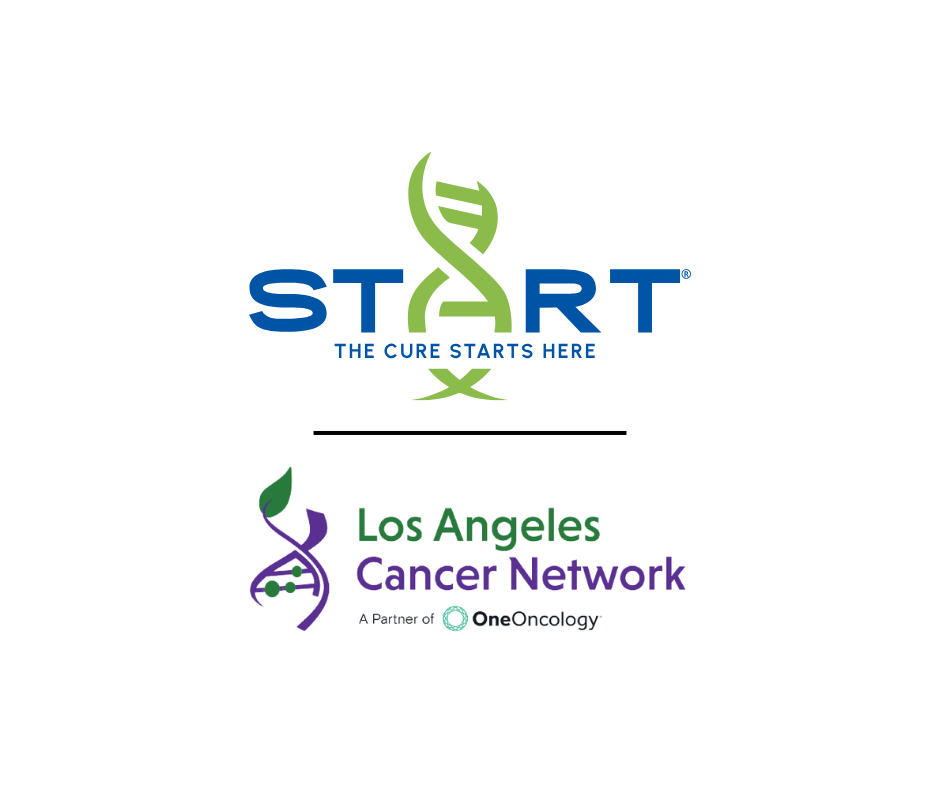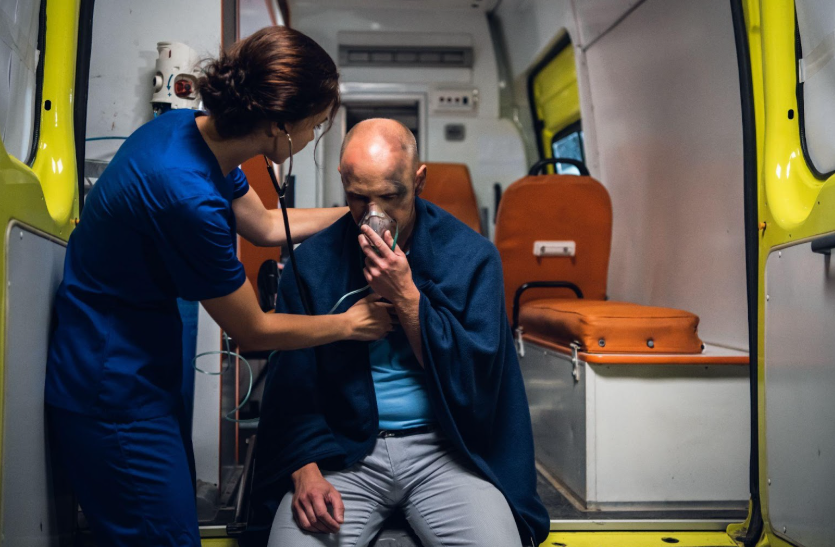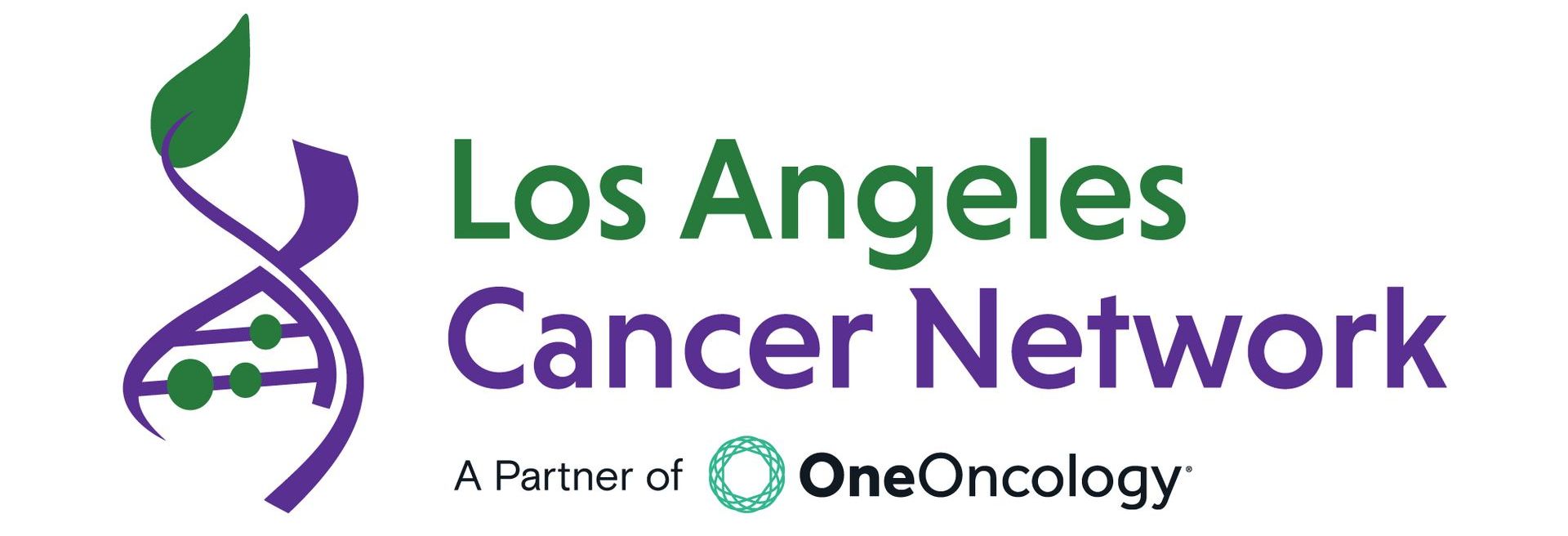Testicular Cancer
Testicular Cancer

Testicular cancer, also known as testicular tumors or germ cell tumors, is a relatively uncommon cancer, affecting about 1 in every 5,000 men in the United States each year. However, despite its rarity, it's the most common cancer among young men aged 15 to 35. The good news is that testicular cancer is highly treatable, especially when caught early.
Read on for more knowledge about testicular cancer symptoms and self-examination techniques, and to learn the importance of early detection.
Understanding Testicular Cancer: Seminoma vs. Non-Seminoma
Seminoma and non-seminoma are the two types of testicular cancer. Seminomas are the most common type, accounting for about half of all testicular cancer cases. They are typically composed of uniform, round germ cells and grow slower. Seminomas are also generally more responsive to radiation therapy treatment.
Non-seminomas, on the other hand, are a group of faster-growing tumors that can be more aggressive. They are a more diverse group of cancers and can contain a mix of different types of abnormal cells, such as embryonal carcinoma, yolk sac tumor, teratoma, or choriocarcinoma. Non-seminomas are typically treated with a combination of
chemotherapy and surgery.
Testicular Cancer Symptoms
Early detection is important for successful testicular cancer treatment. Regularly performing Testicular Self-Examination (TSE) is the best way to identify changes in your testicles. Here are some common testicular cancer symptoms to be aware of:
- A lump or mass in one or both testicles
- A feeling of pain or discomfort in the scrotum or testicles
- Persistent, throbbing pain in the lower part of the abdomen or groin area
- A sensation of heaviness in the scrotum
- Nipple tenderness or enlargement
Testicular Cancer Diagnosis
Diagnosing testicular cancer typically involves a multi-step approach. A doctor will first perform a physical examination of the testicles to check for any lumps, changes in size or shape, or tenderness. Imaging tests may be recommended following the physical exam to get a more detailed view of the testicles and surrounding structures. Ultrasound is a common imaging test used for testicular cancer diagnosis. It uses sound waves to create a picture of the testicles, which can help identify abnormalities.
In some cases, a CT scan, which uses X-rays to create detailed cross-sectional images of the body, may also be used. A blood test may also be performed to check for tumor markers. Tumor markers are substances produced by some cancers that can be elevated in the blood of men with testicular cancer. If the results of these tests suggest cancer, a testicular biopsy may be recommended. This is a minor surgical procedure where a small tissue sample is removed from the testicle for analysis under a microscope. By examining the tissue under a microscope, a pathologist can determine if cancer is present and, if so, what type of cancer it is. This information plays a vital role in determining the most suitable treatment plan.
Testicular Cancer Treatment
The primary treatment for testicular cancer is usually surgery, often called an orchiectomy. During an orchiectomy procedure, the affected testicle is removed surgically. In some cases, additional treatment like chemotherapy or radiation therapy may be recommended depending on the type and stage of the cancer.
The effectiveness of testicular cancer treatment depends on several factors, including the type and stage of the cancer and the patient's overall health. However, the good news is that testicular cancer has one of the highest cure rates of all cancers. Studies show that the five-year survival rate for testicular cancer is 95%. This high success rate emphasizes the importance of regular self-examinations and seeking medical attention if you notice any changes.
Even in cases where the cancer has spread beyond the testicles, testicular cancer remains highly treatable with a combination of chemotherapy and radiation therapy. Your doctor will determine the specific course of treatment based on the unique characteristics of your cancer. While chemotherapy can have some side effects, like nausea, fatigue, and hair loss, these are typically temporary and manageable. Most men who undergo treatment for testicular cancer can live long and healthy lives.
Testicular Cancer Risk Factors
While the exact causes of testicular cancer are not fully understood, certain factors can increase a man's risk. Here's a breakdown of some known risk factors:
- Undescended Testicles (Cryptorchidism): One or both testicles fail to descend from the abdomen into the scrotum before birth. Men with a history of undescended testicles have a higher risk of developing testicular cancer, even if surgery is performed to correct the condition later in life.
- Family History: If you have a father, brother, or son who has been diagnosed with testicular cancer, your risk is slightly elevated.
- HIV Infection: Men with HIV infection have a weakened immune system, which can make them more susceptible to certain cancers, including testicular cancer.
Living a Healthy Lifestyle for Men's Health
Although there's no guaranteed way to prevent testicular cancer, certain lifestyle choices can promote overall health and well-being, which may indirectly reduce your risk. Here are some tips:
- Maintain a Healthy Weight: Obesity has been linked to an increased risk of various cancers, including testicular cancer. Maintaining a healthy weight by following a well-balanced diet and exercising regularly is beneficial.
- Eat a Healthy Diet: A diet rich in fruits, vegetables, and whole grains can provide your body with essential nutrients to support overall health.
- Limit Alcohol Consumption: Excessive alcohol consumption can increase your risk of developing several cancers, including testicular cancer.
Early Detection Is Key to Beating Testicular Cancer
Testicular cancer is a treatable disease, especially when detected early. Regular TSE, a proactive approach to men's health, and open communication with your doctor are the keys to maintaining peace of mind. If you notice any changes in your testicles, don't hesitate to schedule an appointment with a healthcare professional.
At
Los Angeles Cancer Network, we understand the importance of early detection and comprehensive treatment for testicular cancer.
Contact us today to schedule a consultation with our doctors and learn more about men's health and testicular cancer. We are here to support you.






















